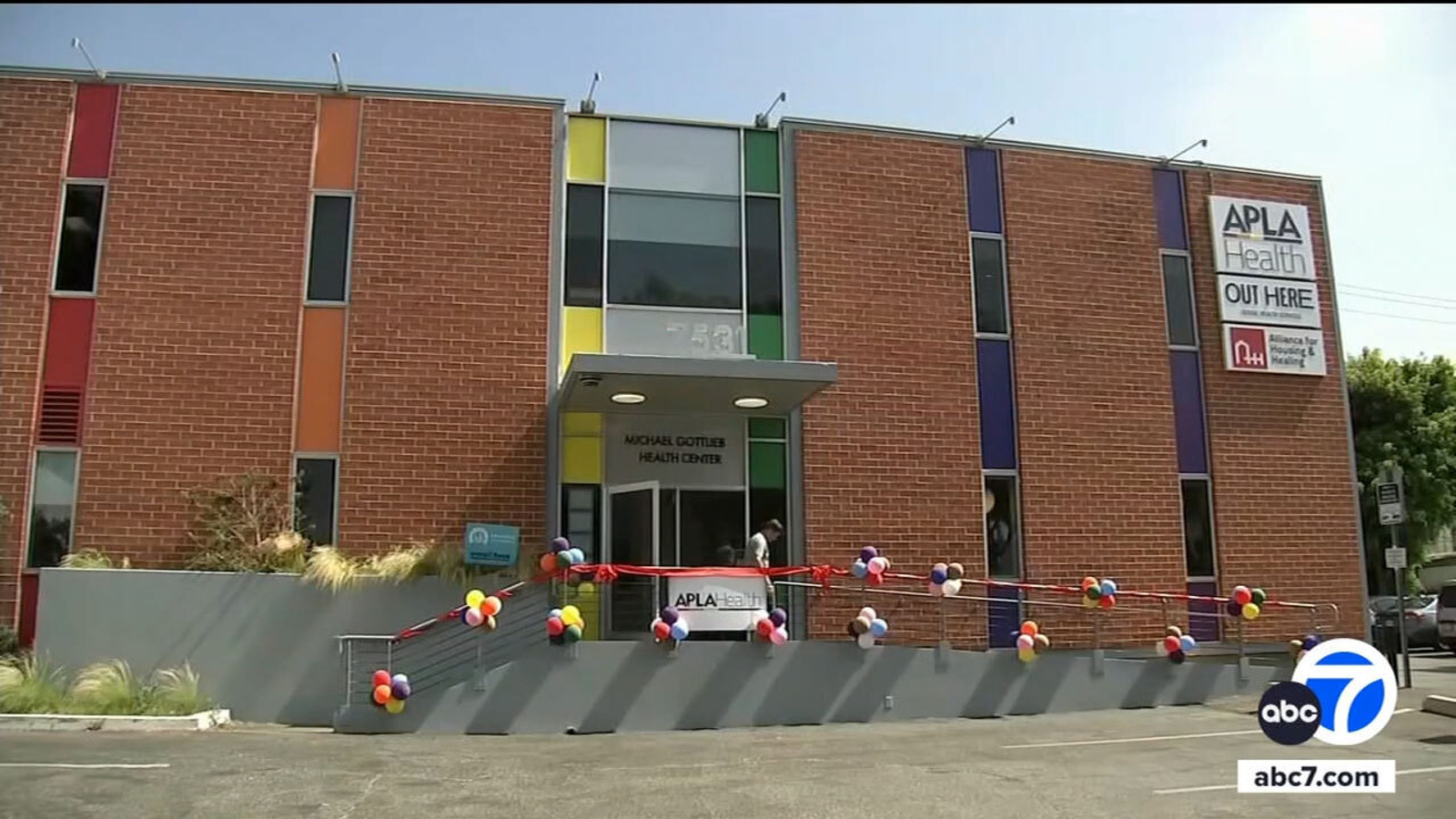Michigan Hospital Faces Scrutiny Over Claims of Religious Discrimination in Pronoun Policy

Michigan Hospital Faces Scrutiny Over Claims of Religious Discrimination in Pronoun Policy
A healthcare system in Michigan is facing a formal investigation following allegations of religious discrimination. The controversy stems from a former employee's claim that she was terminated for requesting an accommodation allowing her to avoid using pronouns for patients that didn't align with their biological sex.
The Equal Employment Opportunity Commission (EEOC) has launched an investigation into the matter, responding to a lawsuit filed by the employee. The lawsuit alleges that the hospital violated her religious beliefs and Title VII of the Civil Rights Act, which prohibits employment discrimination based on religion.
The Core of the Dispute
According to the employee's account, she expressed her concerns to her supervisor regarding the requirement to use pronouns that differed from a patient's biological sex. She requested a reasonable accommodation, such as being reassigned to duties that wouldn't necessitate frequent direct interaction with patients or being allowed to use gender-neutral language. Her request was denied, and she was subsequently fired.
Religious Freedom vs. Inclusivity
This case highlights the increasingly complex intersection of religious freedom and inclusivity in the workplace. Many individuals hold sincerely held religious beliefs that inform their understanding of gender and expression. Balancing these beliefs with the need to create a welcoming and respectful environment for all patients, including transgender and non-binary individuals, presents a significant challenge for healthcare providers.
Legal and Ethical Implications
The EEOC’s investigation will likely focus on whether the hospital’s actions constituted unlawful religious discrimination. Title VII requires employers to reasonably accommodate employees' religious beliefs, unless doing so would cause an undue hardship to the business. Determining what constitutes “undue hardship” in this context is a key legal question.
Ethically, healthcare organizations have a responsibility to provide compassionate and affirming care to all patients, regardless of their gender identity. However, they also have a duty to respect the religious beliefs of their employees. Finding a balance between these competing obligations is crucial.
The Hospital’s Response
The hospital has released a statement acknowledging the EEOC investigation. They claim to be committed to fostering a diverse and inclusive workplace while respecting the religious beliefs of their employees. However, they also maintain that their policies are designed to ensure that all patients receive respectful and affirming care.
Looking Ahead
The outcome of this investigation could have significant implications for healthcare organizations across the country. It could shape how they approach accommodation requests related to gender identity and religious beliefs. Regardless of the legal outcome, this case serves as a reminder of the importance of open communication, mutual respect, and a willingness to find solutions that accommodate diverse perspectives.
This case is ongoing, and further updates will be provided as they become available. The debate surrounding pronoun usage in healthcare settings is likely to continue, underscoring the need for thoughtful dialogue and policies that respect both patient rights and employee beliefs.






